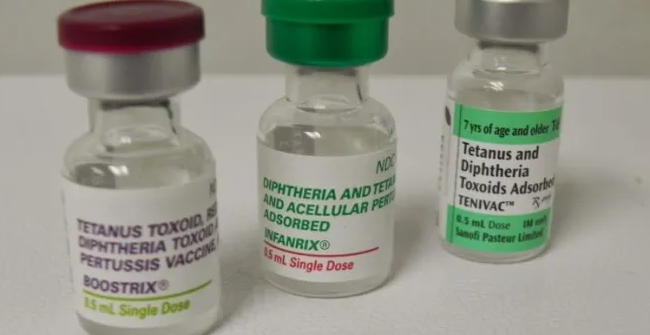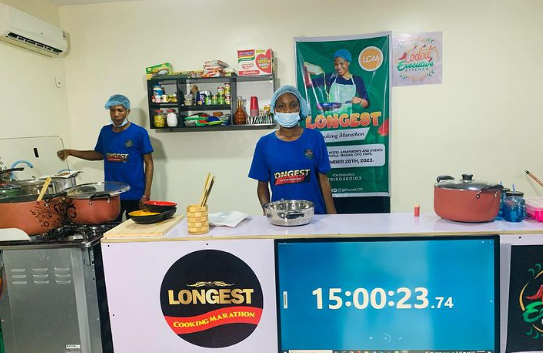Save the Children, the charity organisation, says Nigeria needs urgent funds to manage the diphtheria outbreak.
According to the ministry of health, 7,202 cases of diphtheria and 453 deaths have been confirmed since the outbreak started.
The ministry said majority of the confirmed cases were recorded in Kano and 73.6 percent of all cases are of children under 14.
In a statement on Friday, Save the Children said Nigeria has one of the lowest vaccination rates in the world, adding that only 42 percent of children under 15 in Nigeria are fully protected from diphtheria.
Advertisement
The organisation said the current outbreak may escalate due to shortage of the required vaccines and the antitoxin needed to treat the disease.
“In coordination with local authorities, Save the Children is launching a wide-scale health response in the three most impacted states of Kano, Yobe and Katsina,” the statement reads.
“Save the Children’s Emergency Health Unit is deploying expert health and supply chain staff to help over-stretched clinics to detect and treat diphtheria cases and to support with mass vaccination campaigns across the worst hit areas.
Advertisement
“However, Save the Children is warning a mass vaccination campaign will only be successful if the vaccine shortage is urgently dealt with.”
Faton Krasniqi, Save the Children’s interim country director for Nigeria, said the entire humanitarian community is alert to the crisis and is working closely with the health ministry to contain the spread of the disease.
“Diphtheria can be fatal in more than 10% of cases, but this can increase in places like overcrowded displacement camps or informal settlements in cities, where families have limited access to health services or where health facilities are overwhelmed,” he said.
“The response to this outbreak requires an urgent injection of funding and a large supply of vaccines to ensure we can contain it, and to save children’s lives.”
Advertisement
Add a comment






